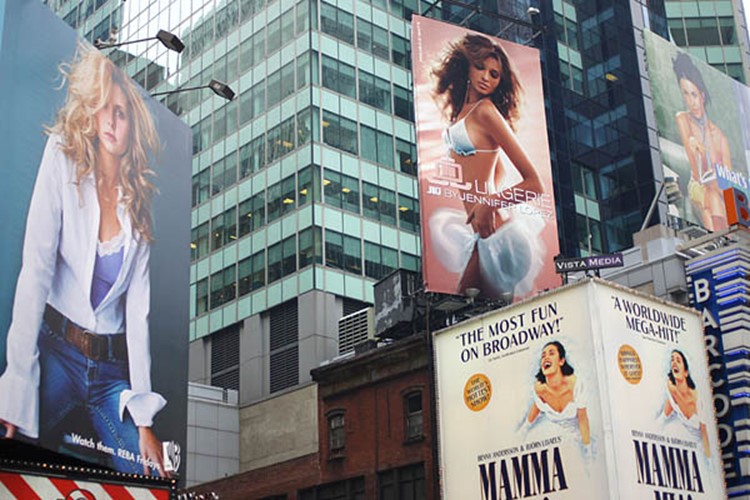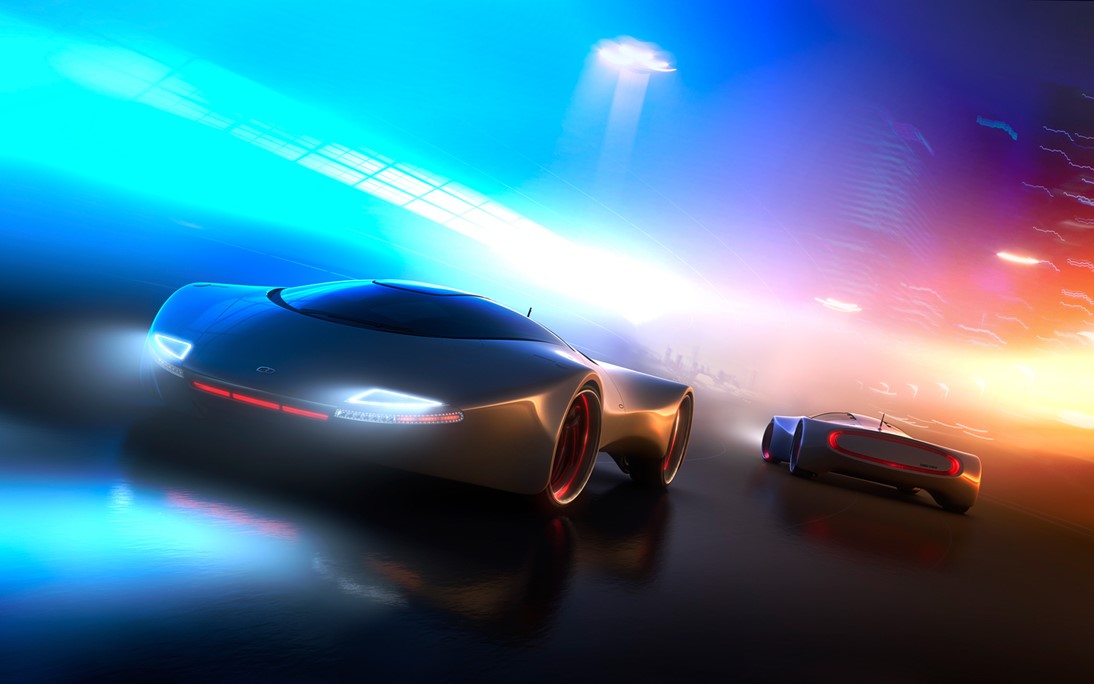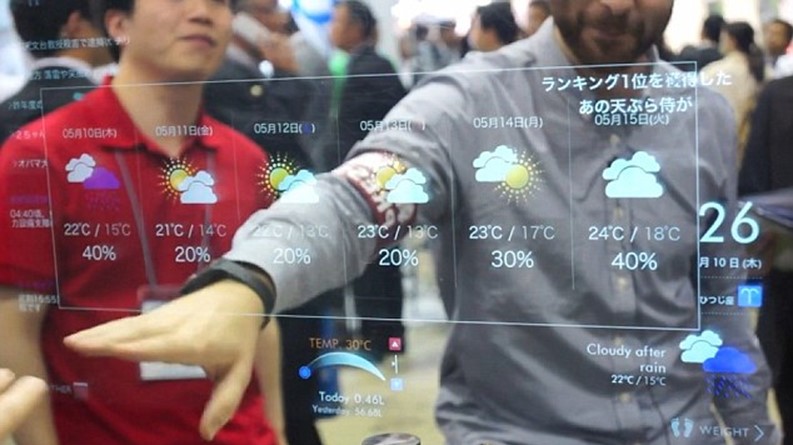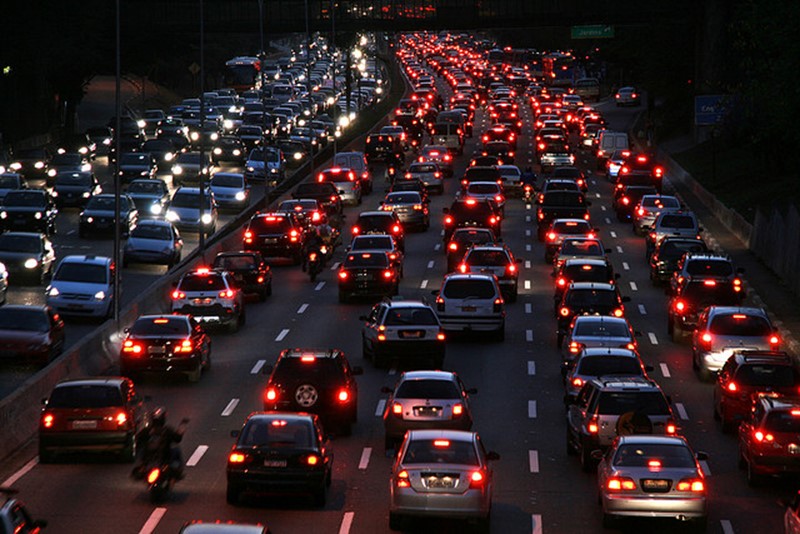Would We Be Better Off Without Advertizements?
September 30, 2012 in Daily Bulletin

Patty Hayes argued that advertizing is a useless drain on society. Highlights of the argument include:
- If all companies were banned from advertizing then all of the funds they pump into it would either have to go towards investing in better products, lowering prices for consumers, or generating more profit. These would all ultimately benefit people more.
- Since consumers would see less marketing they would buy less and save more – probably a good thing for the American consumer.
- Products with good quality rather than those with good marketing teams would do well in the marketplace.
Read more of the argument here.
Source: P.P.P.S









Join the Discussion! (No Signup Required)